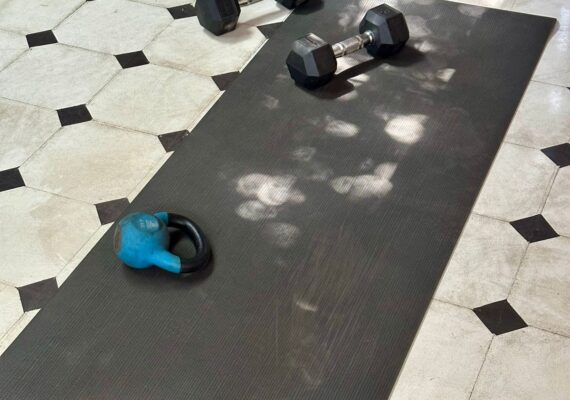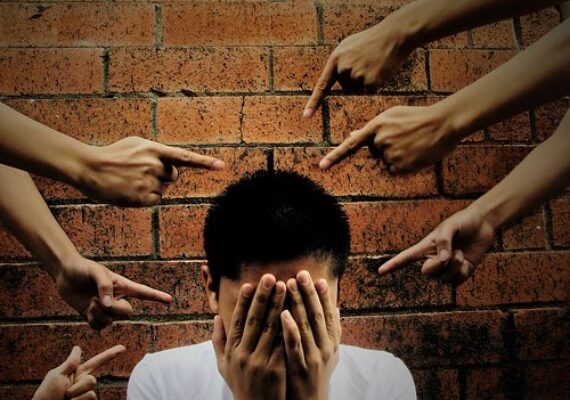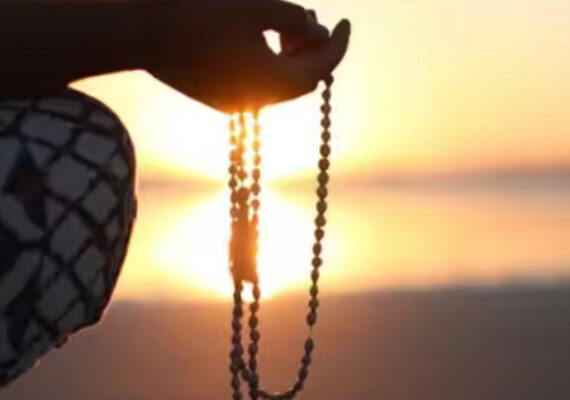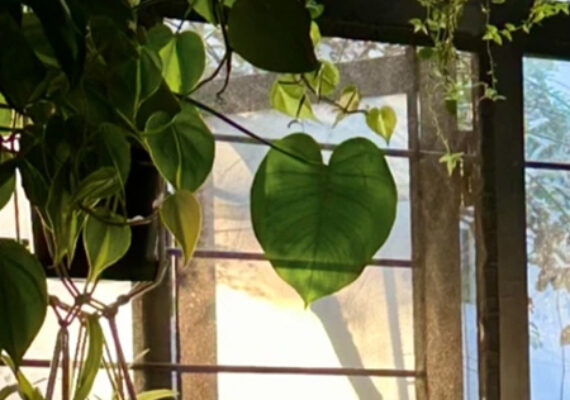Some losses are final and definitive. A death. A separation. A sudden shift that takes something away for what you believed it to be.
Others are more insidious. They don’t just take. They erase. Smudge , create self doubt making you wonder who you are.
Grief doesn’t just bring pain. It brings a quiet destruction of identity.
- The loss itself is one thing. That can be seen, named, accepted.
- The shift in identity is harder. That lingers, reshaping how you see yourself long after the loss is gone.
The first time grief touched me, I thought it was about losing someone. But now, I know the truth—grief is not about what is gone. It is about what remains.
I am never just a mother after my first born’s death. That motherhood layer when peeled I still existed.
Not this. Not this. Neti, neti.
Every Loss Was a Layer Peeling Away
I once believed loss was something to heal from, something to recover. But every time I tried to “return to normal,” I realized—there was nothing to go back to. I could not bring back the people or the job or the place or the experience. It had shed off me.
When my firstborn died, I lost the illusion that motherhood is about control.
I was there after the layer was peeled off.
When I embraced single motherhood , I lost the belief that intimate relationships are the source of emotional security.
I was there after the layers were peeled off.
When financial , social and physical security collapsed, I lost the idea that stability comes from the external world.
I was there after the layers were peeled off.
Each time, I mourned not just what was taken, but the version of myself that could no longer exist. I was not the doting mother nor the beloved wife nor materially successful woman. I was no one.
Not this. Not this. Neti, neti.
I was not meant to be a mother who believed love could protect her child from life’s uncertainties.
I was not meant to be a woman who stayed in a marriage out of fear or no love.
I was not meant to define stability by anything that could be lost.
I exist not to rebuild, but to rediscover myself with the layers being lost.
Grief, Guilt, and Shame—The Shadows That Follow
Grief does not walk alone. It brings guilt, shame, and the whispers of “What if?”
- Guilt: “I should have done more.” It clings to moments, to choices, to things we cannot change.
- Shame: “Maybe I was never enough.” A slow erosion, self doubt and debilitating. Powerlessness.
I let them sit inside my body like unwelcome guests, overstaying their welcome.
But I see it now. Grief never asked me to hold on to guilt or shame.
It only asked me to accept and move through it.
The Body Remembers Grief Before the Mind Does
Grief is not just a thought. It is something the body carries.
For me, it was a pit in my stomach for two years.
It was waking up nauseous, crying into silence, wondering why nothing felt real.
But my body did not betray me. It was only doing what I refused to do—letting grief be known. Gut wrenched , rocking sobs in silence were body’s reaction to mind controlling grief.
I used to ask, “When will this leave?” But now I ask, if I face a difficult choice or loss, “What is grief trying to take away that was never mine to keep?”
Not this. Not this. Neti, neti.
Rebuilding Was Never the Goal—Unbecoming Was
At first, I thought healing meant rebuilding. I see now—that was never the point.
Every loss was not destruction—it was a return to what was always true.
The routines that saved me were never about healing.
- Gardening did not fix me. It reminded me that life has its own pace and rhythm and it is not going to stop for me.
- Dancing did not erase grief. It reminded me that movement is natural.
- Raising my children was not a purpose I had to “find”—it was something that had been a gift to honor and cherish.
The world tells us to “move on.” But grief doesn’t ask for that. It asks only that we release what we were never meant to hold.
Not this. Not this. Neti, neti.






